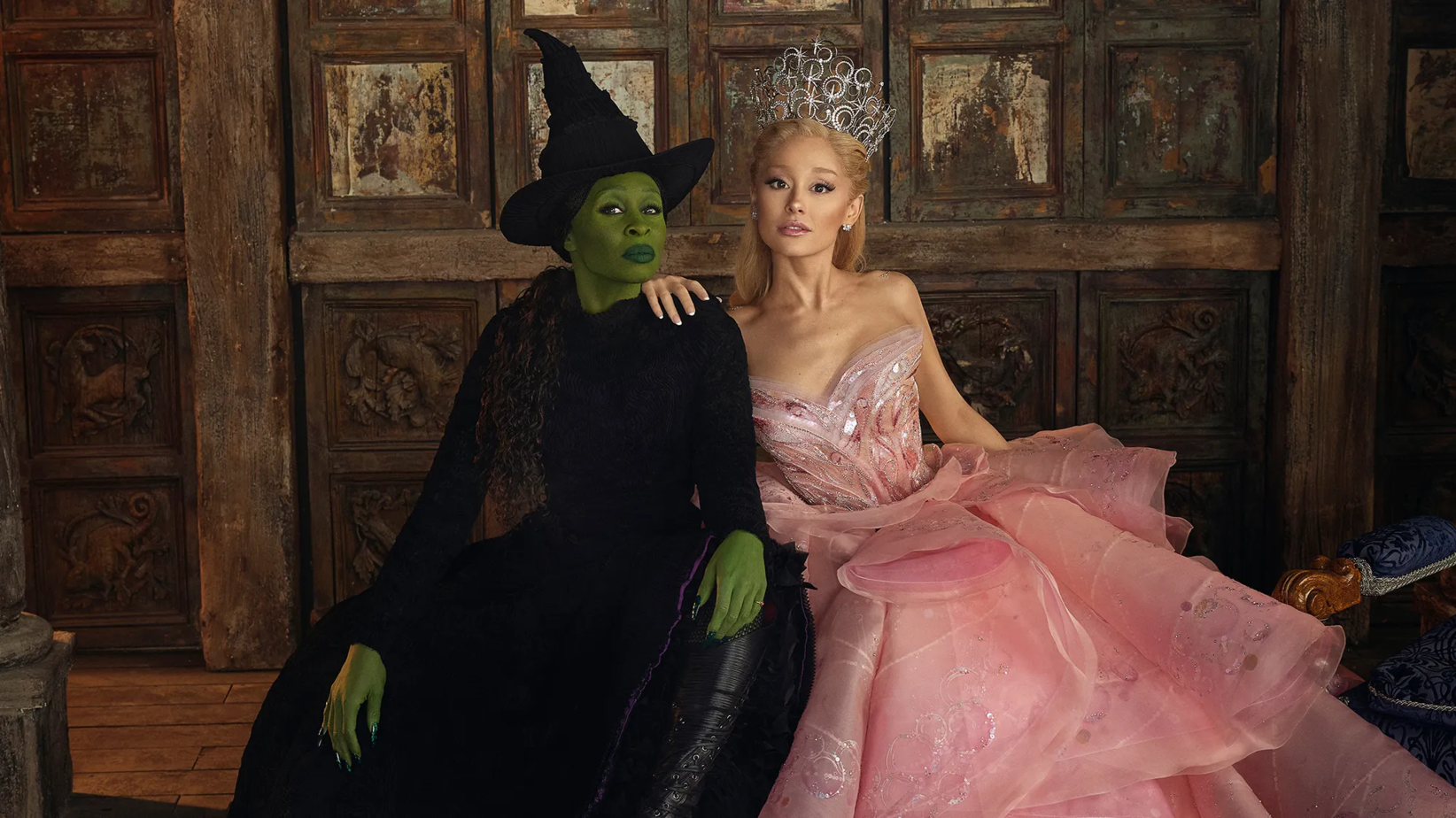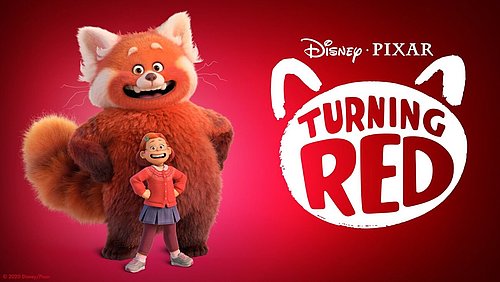
Work
Research | Social media | Marketing
Blog
Recycling IP: Relaunching Familiar Content

With the release of Wicked and the sensational promotion surrounding the feature (see TikTok trends of ‘holding space’, Ariana and Cynthia interviews and the general theatre-kid mobilisation to cinemas this Thanksgiving), it is hard not to marvel at the long history of this IP and the sustained support of a multi-generational fandom. To hear our thoughts on themes of authenticity presented in characters such as The Wizard and Elphaba, read Kirsty’s Blog here, but by looking at this success as a case study we can better understand the current saturation of established IP in the entertainment industry.
The characters you see in theatres this weekend have been around for over 100 years: originally debuted in 1900 as the Wicked Witch of the West and Glinda the Good Witch from L. Frank Baum’s The Wizard of Oz, the Elphaba and Glinda as seen in Wicked (2024) have been featured in adaptation after adaptation. From their own 1995 novel Wicked: The Life and Times of the Wicked Witch of the West by Gregory Maguire to the world famous musical theatre production originally premiered in 2003 - and now a feature film starring Ariana Grande and Cynthia Erivo - these characters have been released over and over again to the public. And fans eat it up every time.
The first film adaptation of The Wizard of Oz (released under the same name,1939) had major box office success: with a budget of $2.8 million the film brought in over ten times it’s cost at a whopping $29.7 million (upwards of £674 million in today’s money!). The modern musical theatre production is described as ‘one of the most lucrative productions on Broadway’ and regularly grosses in excess of $1.6 million each week.
The continued success of The Wizard of Oz and associated IP can be chalked up to its long-standing fan base and appeal to new audiences. As one of the best-known stories of American literature, fans have an already established connection to the characters and storyline. While this has potential to be over-played, The Wizard of Oz offers a timeless story at its core: themes of self-discovery, courage, friendship, and the search for "home” are universal experiences which resonate with a wide audience and offers mailable potential to each new generation of producers.
Therefore, while existing fans always have a reason to come back to the fandom, new fans are inevitably caught in the net cast by each new iteration of content. Wicked (2024) and The Wizard of Oz (1900) are not the only example of this phenomenon: many entertainment IPs can be seen to do the exact same thing, and are being reliably rewarded for it.
Taking the personal liberty to dub 2024 the Year of the Sequel, there has been a noticeable output of feature films and TV sequels using IP we are already familiar with. There are the expected follow-ups from recent films - Joker: Folie à Deux, Dune: Part Two, or Sonic the Hedgehog 3 - as well as a refresh of the archives with the live action adaption Avatar: the Last Air Bender or enhanced CGI Mufasa: The Lion King and re-boots of ‘vintage’ films Beetlejuice 2 or Alien: Romulus.
Disney has recently released its final quarterly report displaying an increase of 3% to it’s full-year revenue. This is partially a result of familiar title launches such as Moana 2, Inside Out 2 and Deadpool and Wolverine, amongst other actions. Alongside these there are plans to relaunch the Ice Age franchise for its sixth instalment in 2026, a decade after its last film Ice Age: Collision Course (2016).
With $3.2 billion generated in worldwide ticket sales since its debut it 2002, this Ice Age relaunch follows Disney’s lucrative sequel-heavy kids film strategy. Appealing to older fans who have grown up with the story and targeting more age appropriate audiences in children, these titles appeal to old and new fanbases across generations.
Similarly, WildBrain has seen an almost $4 million increase in Q4 revenue this year from 2023, largely due to their focus on a handful of key brands and consumer products. Channelling their energy into reliable IP such as Strawberry Shortcake, Teletubbies and Peanuts has been a core pillar to maximising revenue, relying on the affinity of nostalgia from long-term fans and their children as new additions to the fandom.
Along with many others, these recognisable titles have an eager following from their already-established fanbase, who are happy to buy-in to any additional content and adding a reliable layer of cushioning to box office revenue. As these dedicated fans drum up interest, they also attract new fans to the IP.
From conception to repeat realisation, established IP have greater potential for success because demand is high from existing fans for new content, merchandise or other means of buying-in to the brand. In the current engagement economy, sticking to what you know is a better bet than attempting to ‘break the ice’ with unknown IP because the audience you’re tapping into is probably already occupied with their fave.


